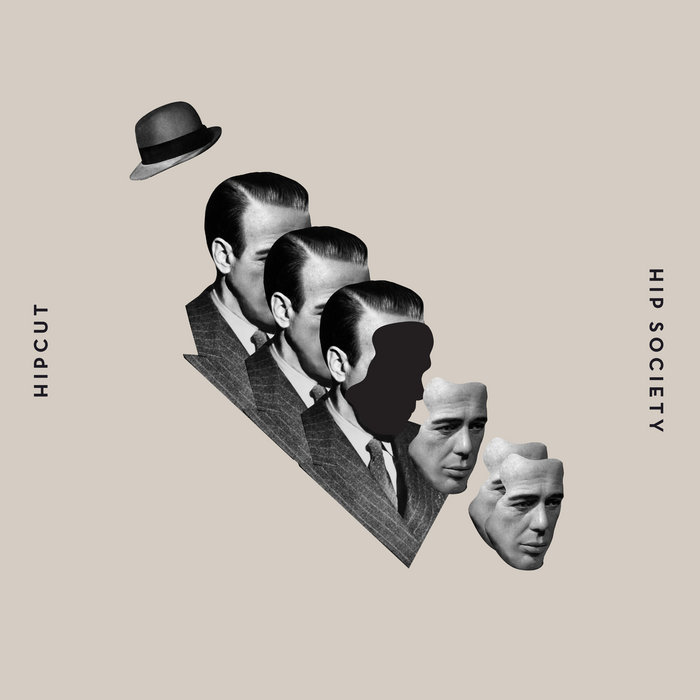
Precision feat. Sugahspank! – Hipcut
this blog is GROOVY – check out great Soul, Funk, Jazz, Hip Hop, Bass, Breaks , Reggae, House n many more TUNES
Welcome, fellow music lovers! Grab your tzatziki and get comfy as we embark on a rhythmic adventure through the vibrant world of Greek music. This is not just any ol’ history lesson—it’s going to be a funky ride filled with tunes, tales, and a sprinkle of hilarity.
Let’s kick things off with a little time travel. We’re talking ancient Greece—a place bursting with philosophy, art, and yes, music! Back in 500 BC (that’s before Christ was even cool), musicians were strumming lyres and playing flutes at festivals honoring the gods. Picture this: toga-clad folks dancing under olive trees while sipping wine—now that sounds like a party!
The ancient Greeks had their own version of karaoke called “symphonia.” Nope, it wasn’t exactly what you think. It was more about people getting together to make joyful noise rather than belting out pop hits—but hey, some things never change!
Fast forward to the Byzantine era (330–1453). Music evolved into something richer and more complex. Folks started using sacred chants in churches—enter Byzantine hymns! These spiritual jams laid down some serious groundwork for future musical styles in Greece.
But here’s where it gets interesting: the Byzantines loved their instruments! They played everything from harps to lutes but strictly forbade women from performing them publicly… talk about boys’ club privilege!
One famous composer during this time was St. Romanos the Melodist. Legend has it he could create melodies so beautiful they could make even stone statues cry (or maybe feel really awkward).
As we move into the 20th century, let’s shine a spotlight on folk music—the heartbeats of Greece! Enter Rembetiko, often dubbed “the Greek blues.” Emerging from urban areas and reflecting life among marginalized communities, these songs had soul!
Imagine smoky cafés filled with folks squished around playing bouzoukis—all singing about love lost or life struggles while puffing on big cigars…wait…was that a bit too cliché? Well, it’s still pretty close!
Did you know there’s an old saying about rembetes (those who play Rembetiko)? “They can drink ouzo like water but can still dance like grasshoppers!” Now that is some true talent right there.
Now let’s shimmy our way into modern times where genres like Laïko take center stage—think traditional mixed with pop vibes that get everyone moving at weddings or parties! Artists like George Dalaras brought this sound worldwide; his mix of rich nostalgia paired with fresh beats means he knows how to keep the dance floor packed.
And then there’s Greek pop – oh boy—it exploded since the ’90s thanks to artists such as Anna Vissi who became synonymous with glitzy outfits and catchy hooks. She could rock any outfit better than most fashion icons out there—even if sometimes her hairstyles looked straight outta an ’80s hair metal band concert.
Word on the street says Anna once accidentally wore mismatched shoes on live TV because “she couldn’t find her lucky ones!” Can you imagine trying to dance when your left foot is feeling all rebellious?
In recent years, we’re seeing new genres emerge blending hip-hop beats with traditional sounds—a magical fusion that keeps evolving just like Helen’s epic love stories stayed popular over centuries!
Young artists are now taking charge; names like Tania Tsanaklidou stand out by mixing contemporary flair while staying true to their roots—which totally gives us hope for future generations enjoying both past traditions alongside fresh grooves.
Rumor has it that during one impressive festival performance last summer near Santorini beachfront—a guy actually tried crowd surfing after one too many shots—and let’s just say he’d have benefitted from learning how NOT TO land face-first before trying again next year!
So here we are—the marvelous journey through Greek music wrapped up nicely in exciting melodies spiced by hilarious anecdotes along the way! From ancient lyres echoing across sun-drenched hillsides to electrifying contemporary beats bringing young crowds together today—the spirit lives forever strong within every strum or soulful note sung anywhere around Greece’s lively tavernas or city streets alike.
Dance your heart out friends; after all—life’s too short not to groove along wherever our feet may take us next! Keep those tunes alive—you never know when you’ll inspire someone else along their path leading toward creating something amazing themselves… now that’s real magic happening right there!

Precision feat. Sugahspank! – Hipcut
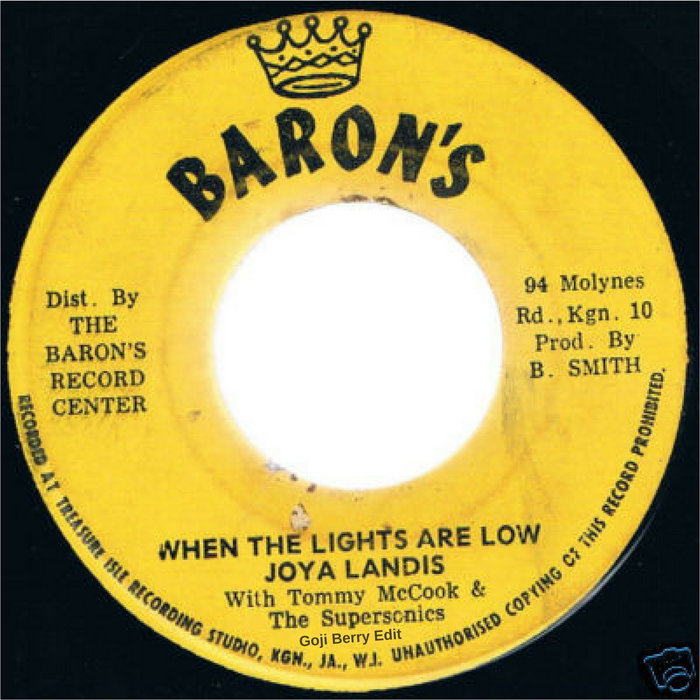
When The Lights Are Low (Goji Berry Edit) – Goji Berry
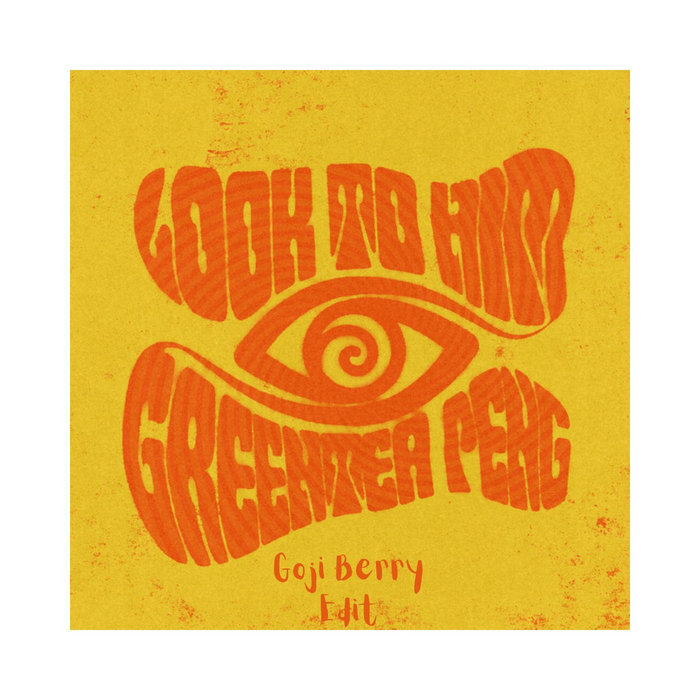
Look (Goji Berry Edit) – Goji Berry
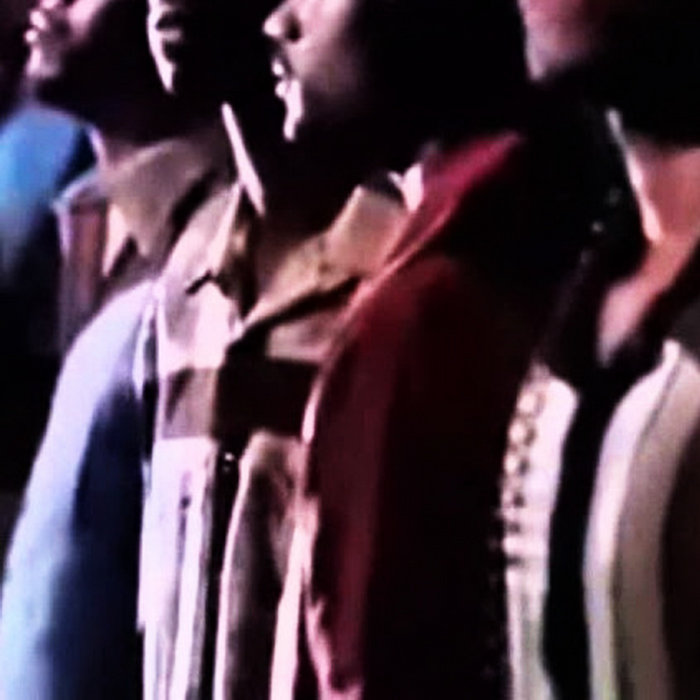
The Stone – StheDJ
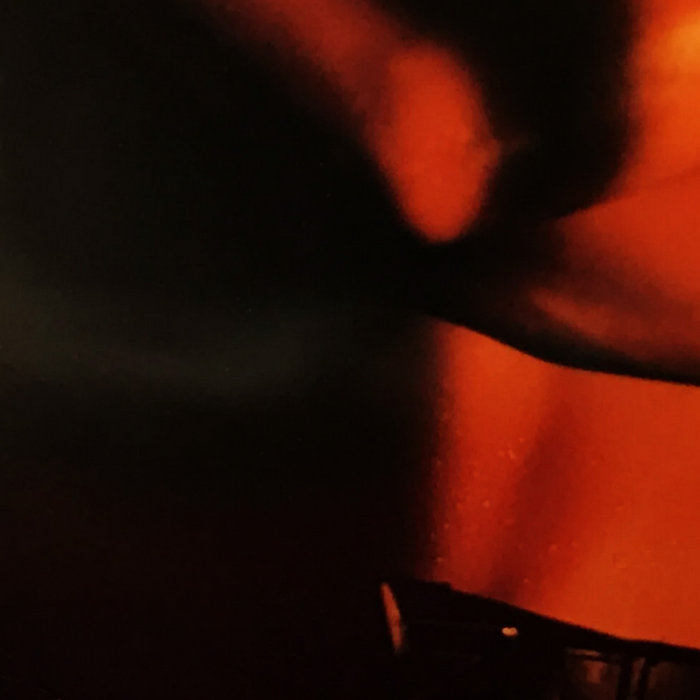
I'm Thinking Of – StheDJ

Adriano Celentano – Svalutation (K.Tsaousis Re-Edit) – K.Tsaousis
![Tearnofall [Δε Πέφτει Δάκρυ] – Rakim – The Saga Begins Feat Sean Price – Toto – Africa [REMIX N MASHUP] [produced by tearnofall]](https://le-groove.de/wp-content/uploads/2023/10/Tearnofall-Δε-Πέφτει-Δάκρυ-Rakim-The-Saga-Begins-Feat-Sean-Price-Toto-Africa-REMIX-N-MASHUP-produced-by-tearnofall.jpg)
Rakim – The Saga Begins Feat Sean Price – Toto – Africa [REMIX N MASHUP] [produced by tearnofall] – Tearnofall [Δε Πέφτει Δάκρυ]
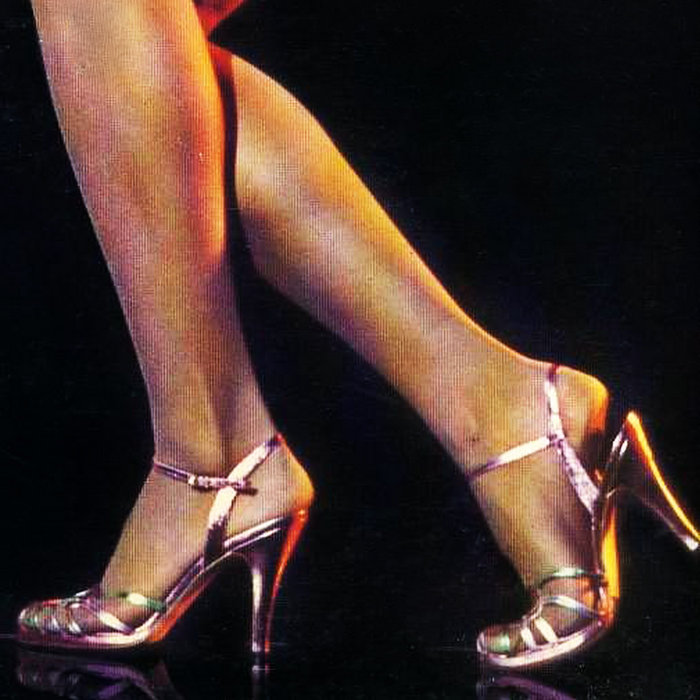
Comin’ From The Soul – StheDJ
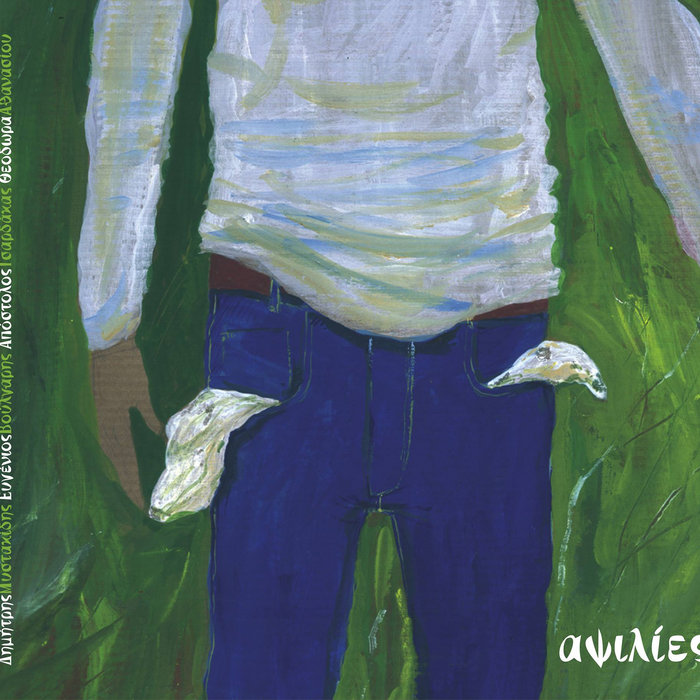
Geia sou Lola meraklou – Dimitris Mystakidis
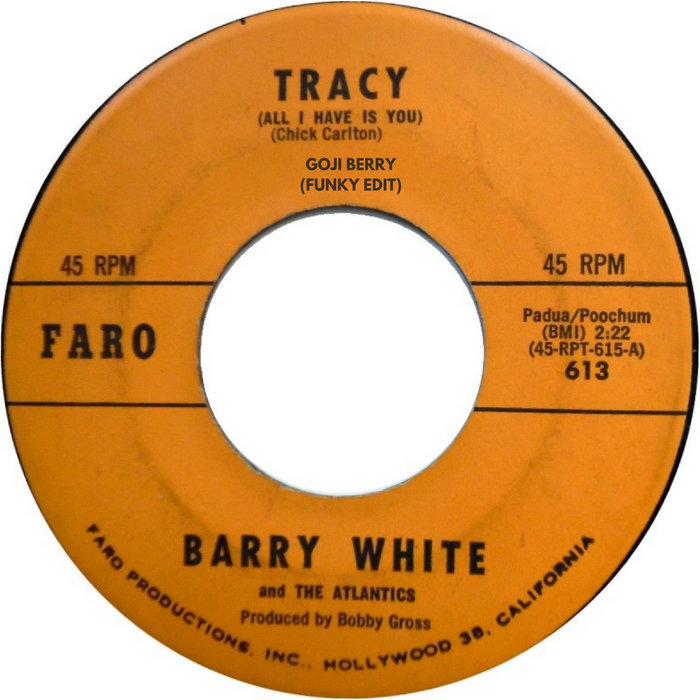
Tracy (Goji Berry Funky Edit) – Goji Berry